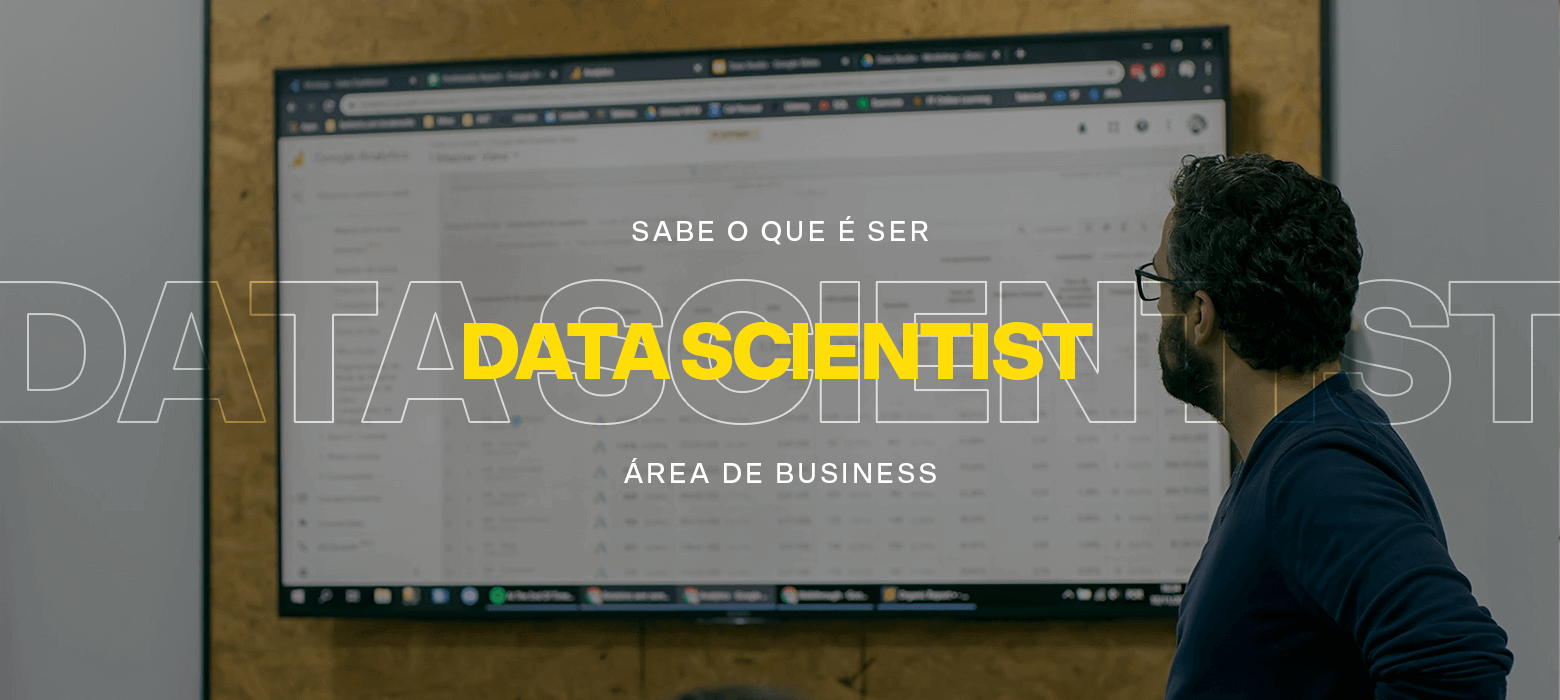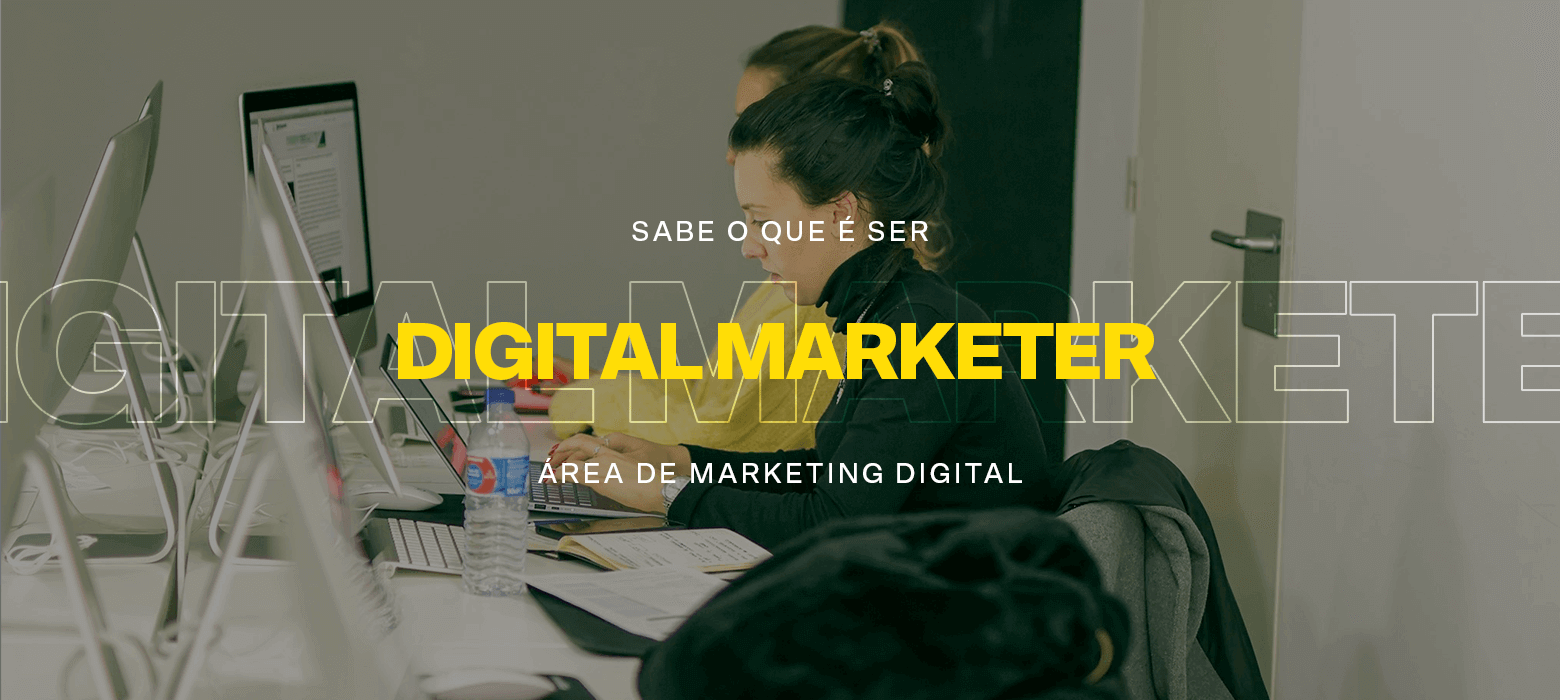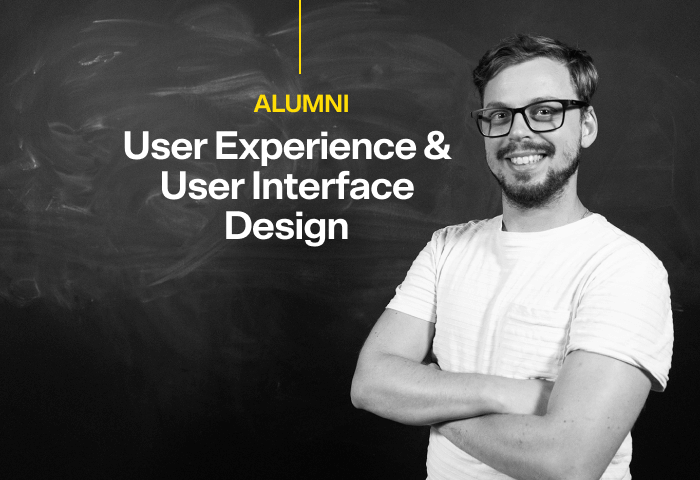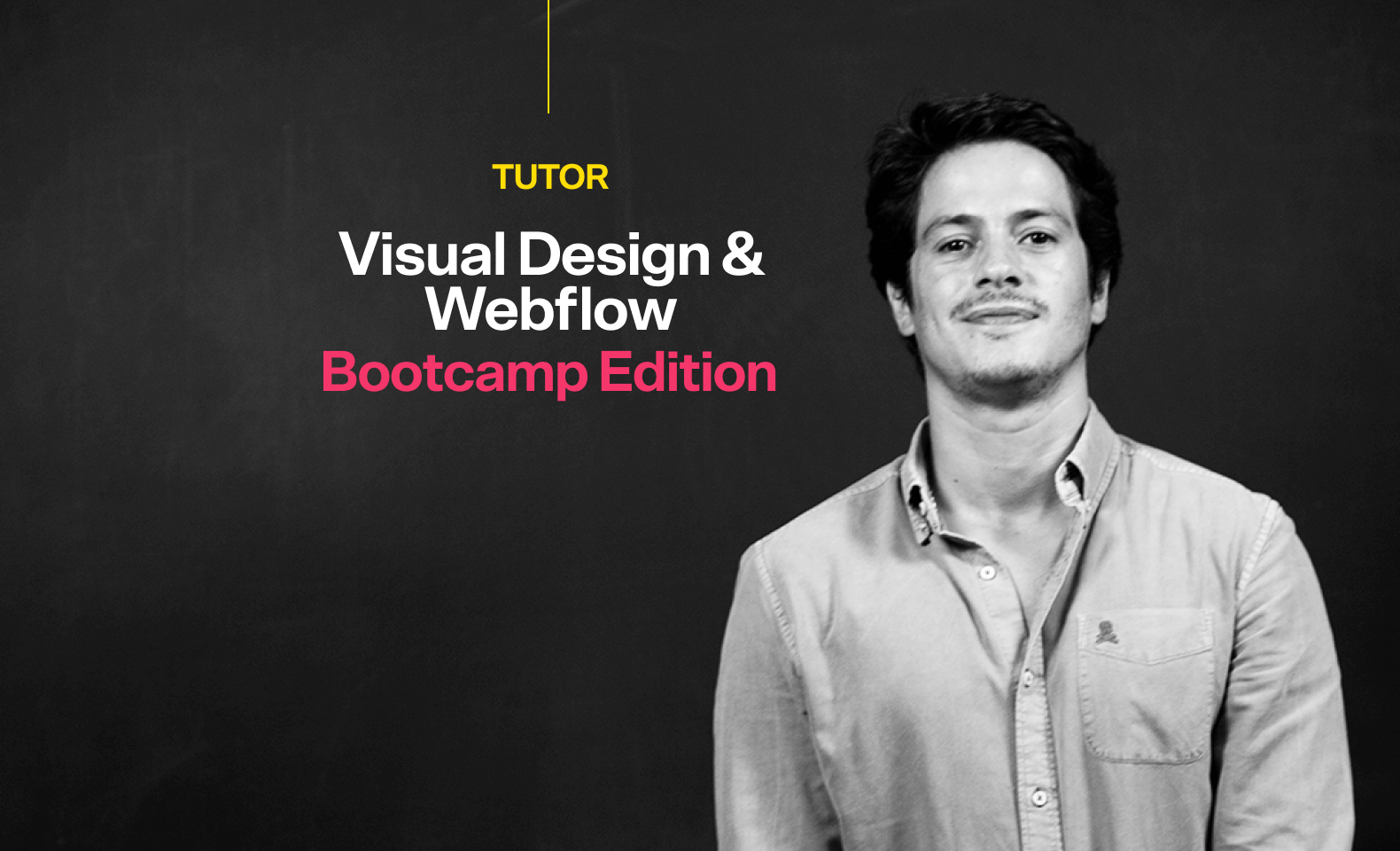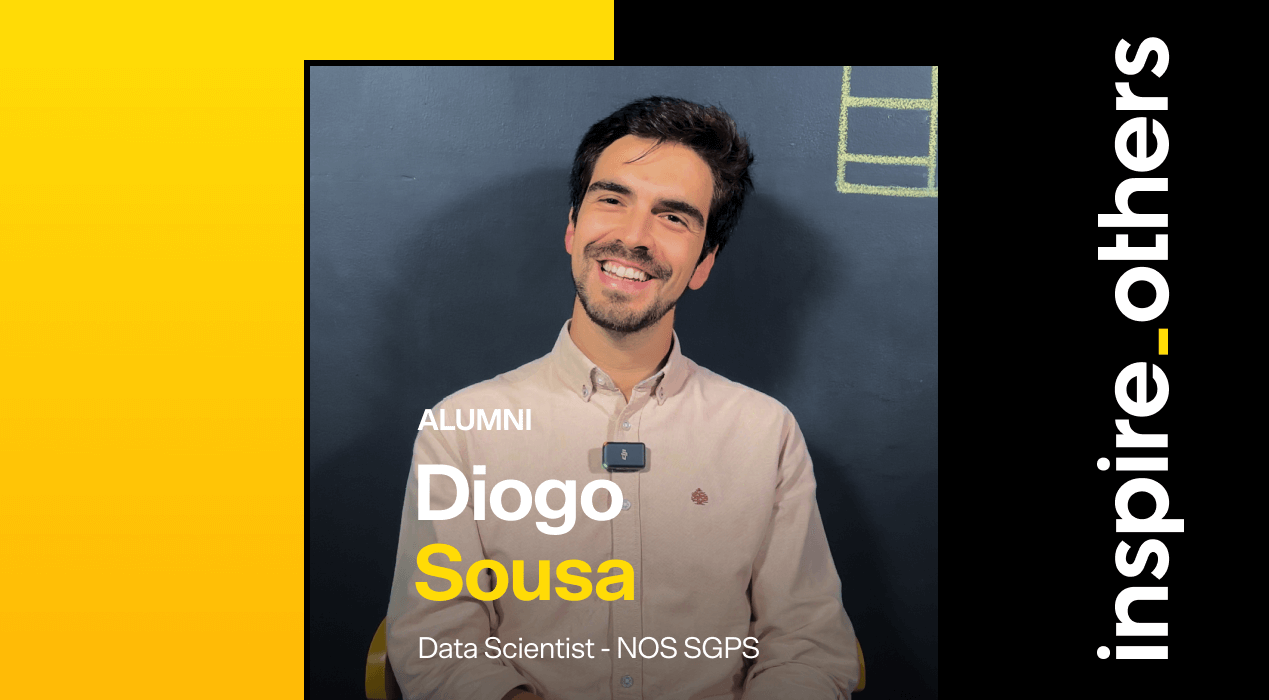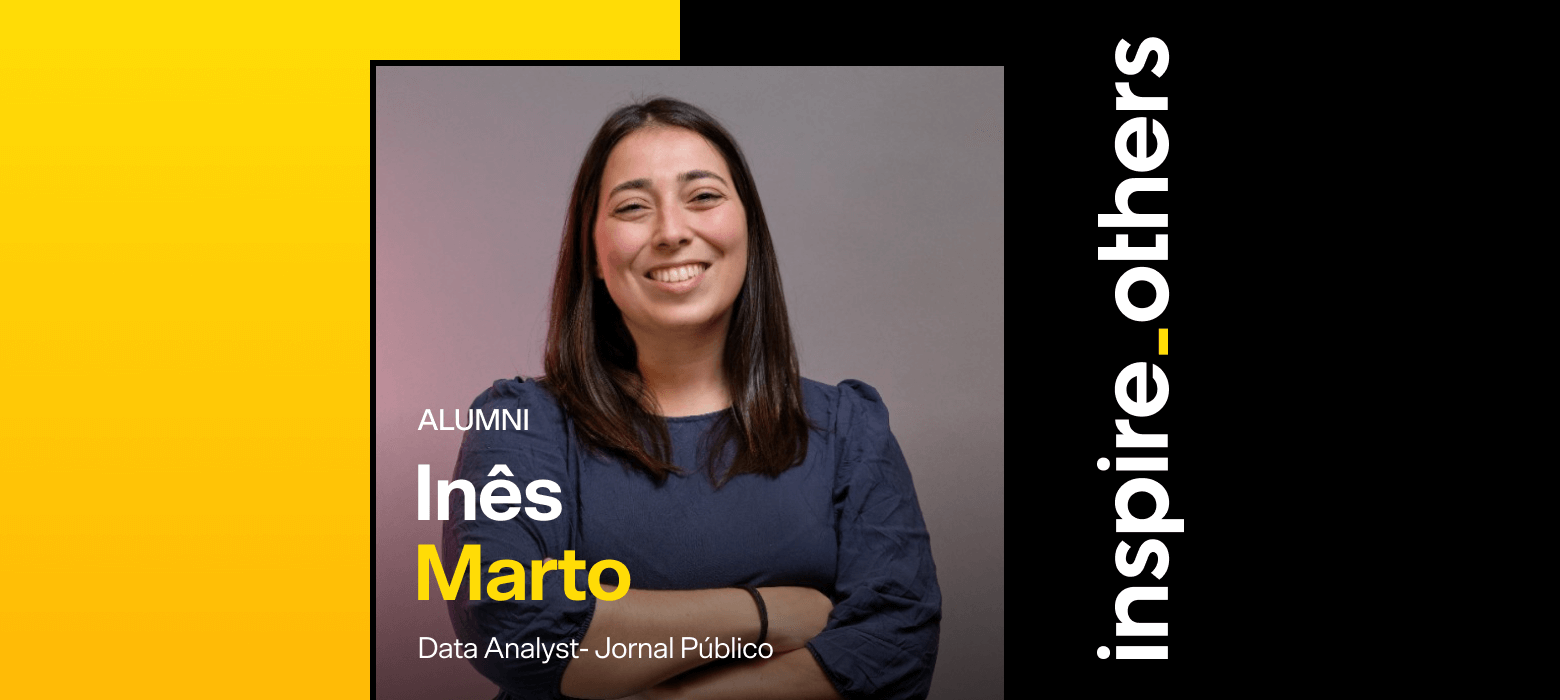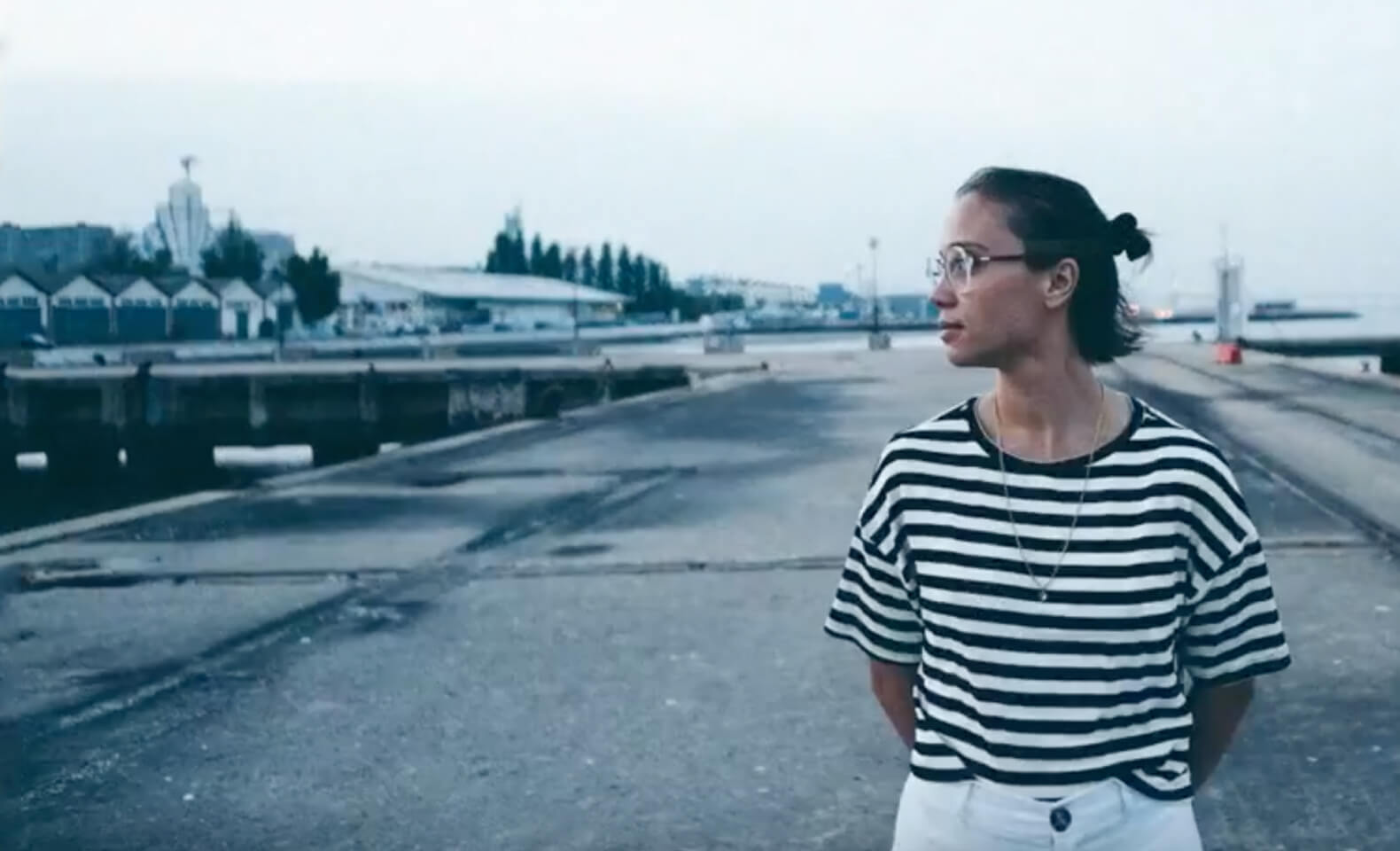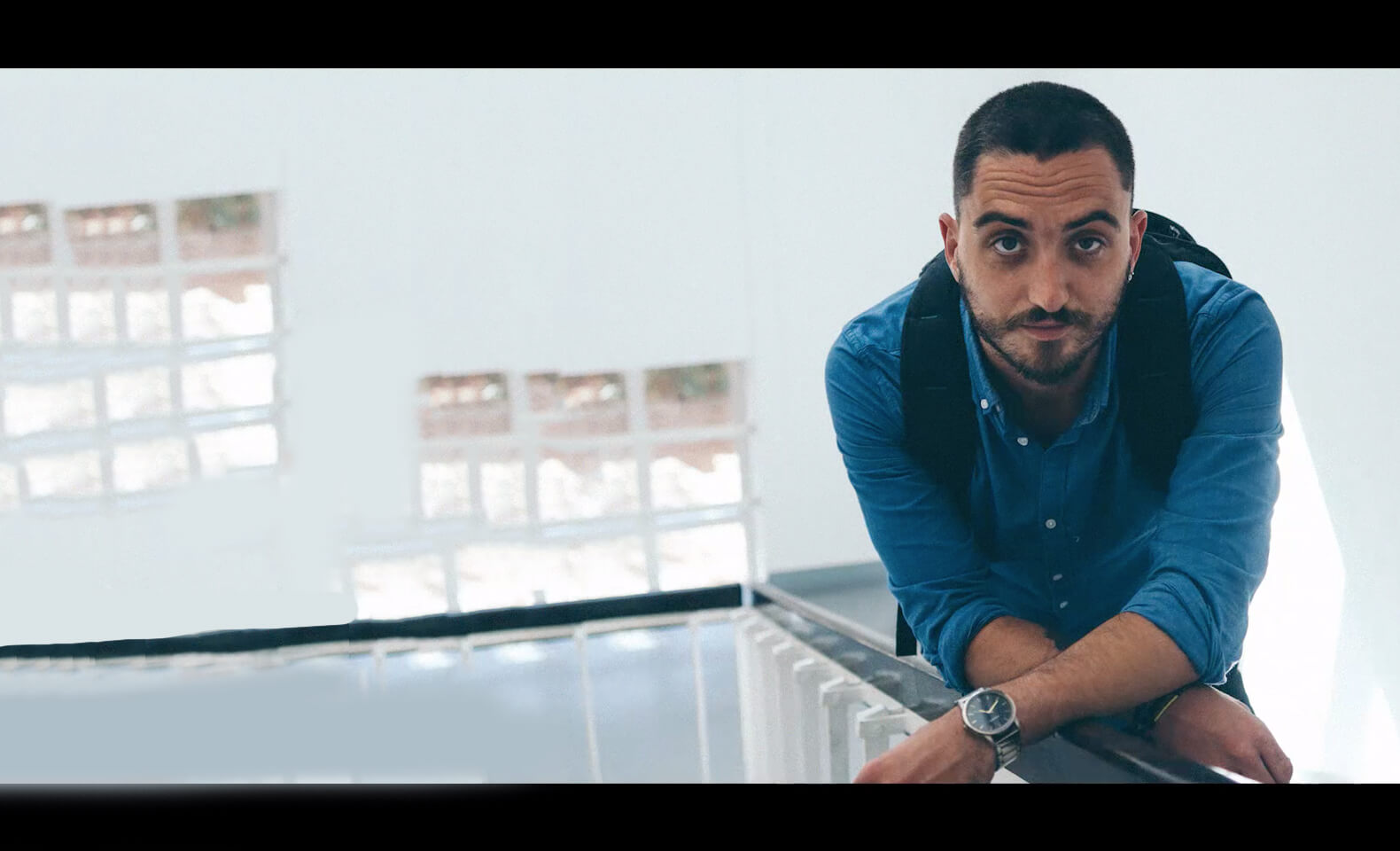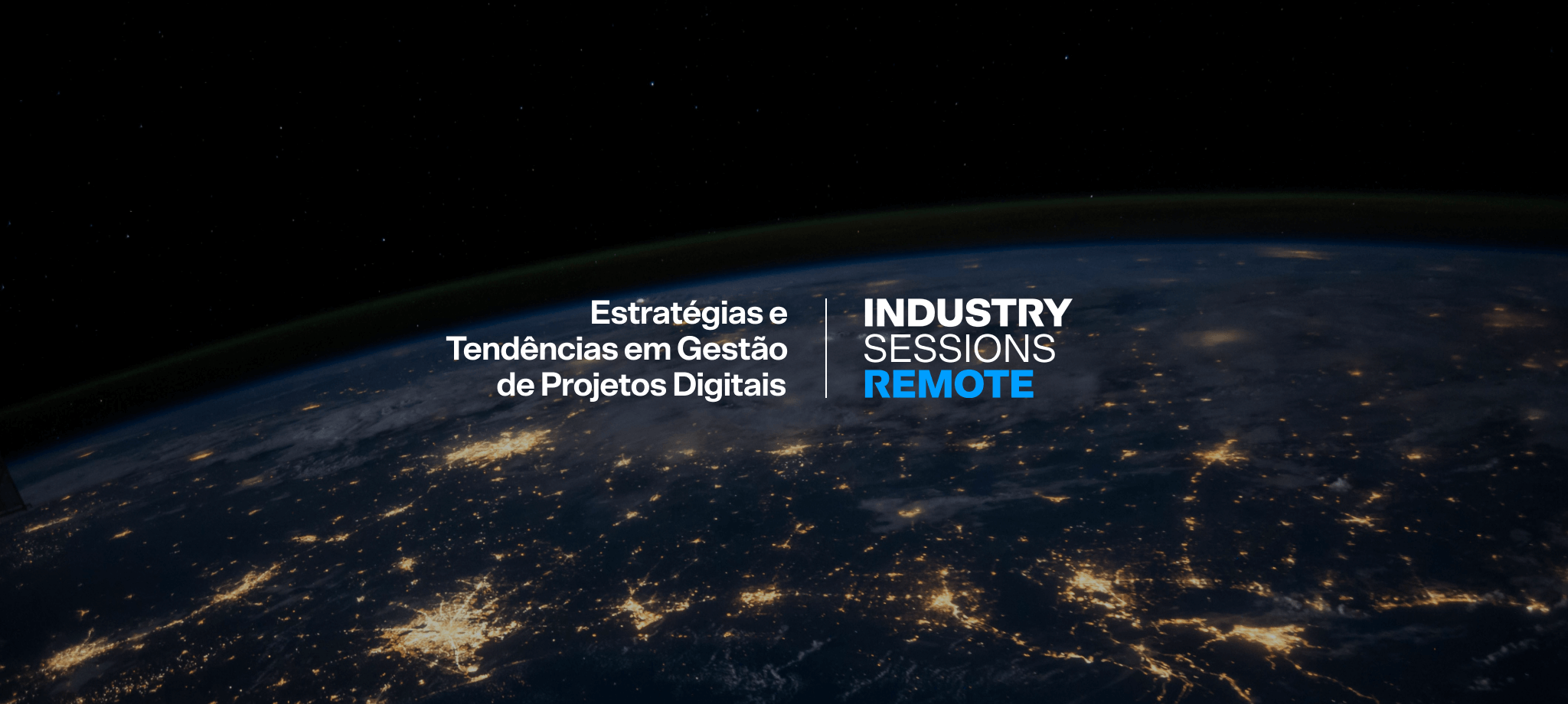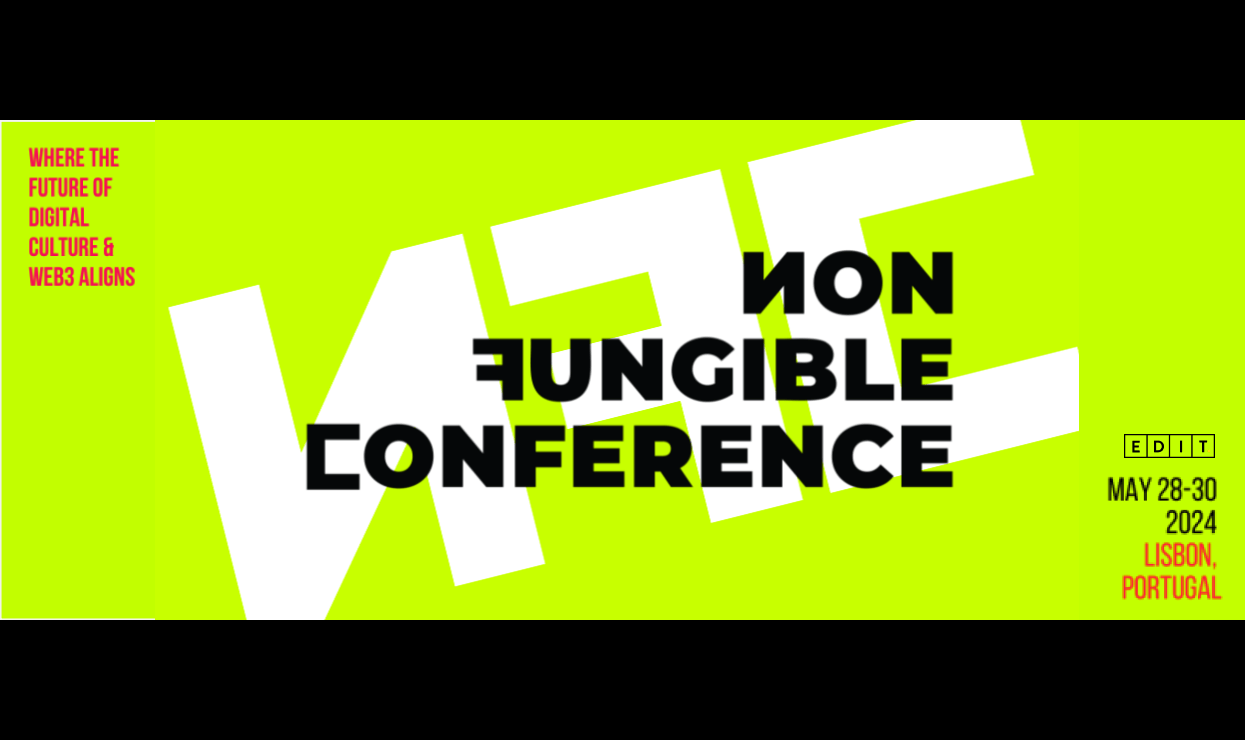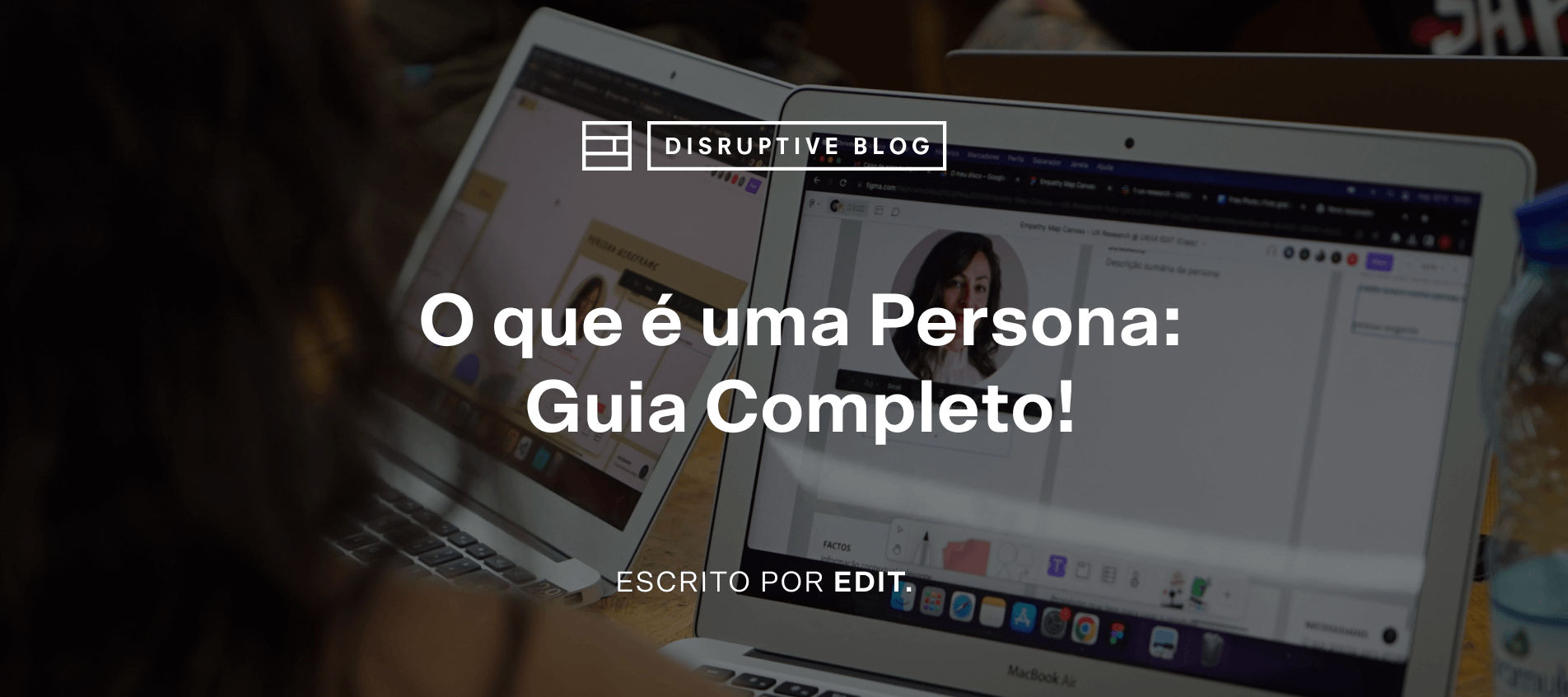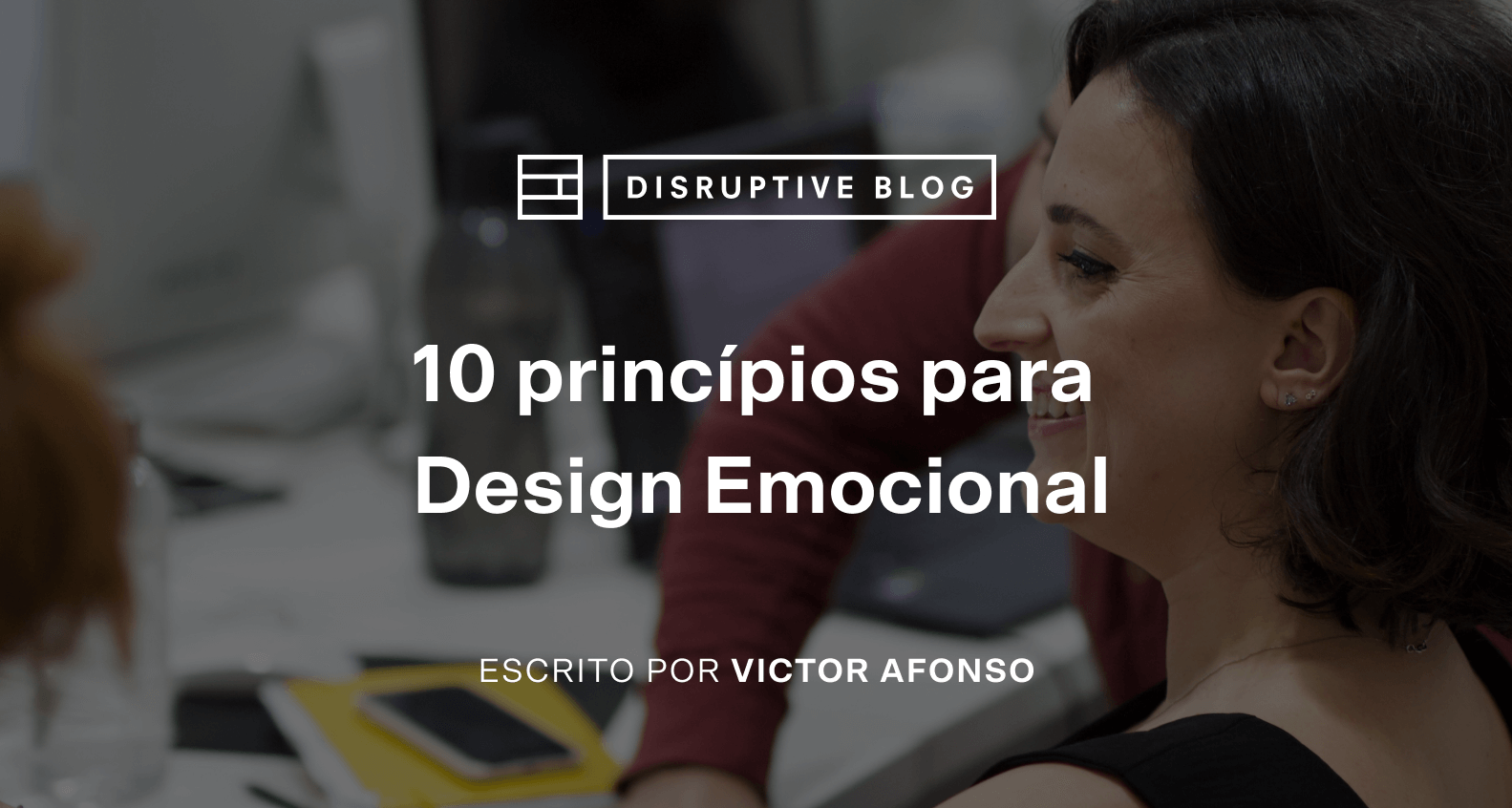Working in UX design means creating a career in one of the most attractive segments in the interactive industry. It’s a growing and demanding area of expertise and its importance is now a staple for many companies. What was before a very misunderstood position is now common in any digital agencies.
Why is a UX designer so important? Because they focus in creating and developing a great user experience with usability knowledge, creativity and talent.
Companies look for candidates who can combine usability with intuition. The focus is the user and the user alone. And they also need people who are extremely organized and methodical. When a project is starting there needs to be a clear guiding line and priority for it.
While it might still be considered a relatively new field, the boom in UX design employment opportunities grew a lot and quite fast in the time frame of 2011-2017. Nowadays that reflects in some oscillations in the job market. The fact is that the novelty is gone and the business is maturing. UX design is no longer a misunderstood discipline for clients. It’s a very important need.
This fact does not reflect in lack of jobs opportunities. Glassdoor shows at any given time 15000+ ads for UX design in the United States, 100+ in Portugal. Indeed puts portuguese ads in the 300+.
The disparity in numbers is obviously explained by the size of the country, but also for the fact that digital agencies and companies are located in the main city areas of Lisbon and Porto. Slowly, the area of business is also expanding. Hi Interactive is now in a recruitment process for UX designers and other positions.
While hiring and reviewing applications for UX design roles, companies look for characteristics that will suit their needs and brand. One thing that is mostly appreciated in candidates is their preparation and personal organization during the interview.
Before moving on to the questions, there are some common points to consider showing and discussing in an interview setting. UX design demands curiosity to learn and always being up to date with the design world, having worked or highlighting a will to do so with designers and developers from different backgrounds.
Self-criticism, critical thinking and especially dealing with critiques and turning them into part of the design process are also a plus for many companies. You should know what you’re making a specific decision and why.
How do you define UX design and why does it matter?
What is the difference between UX and UI design? How do they work together?
– What is your idea of “design-thinking”?
– What is your design process?
– What is your background and how did you get into design?
– How do you research when starting a project?
– Can you provide examples on your experience dealing with user research and usability testing?
– What is your approach regarding creating platforms accessible to all user groups, including those with disabilities?
– In teamwork situation, is there any particular difficulty that you’ve encountered? If so, how did you solve it?
– When a client opposes something in the project, how do you react and what do you do?
– What approach do you use to get feedback on your designs and how do you incorporate it?
– Please highlight a project from your portfolio and walk us through it.
– Which do you consider to be your best skills as a UX designer?
– What attracted you to this position/company?
Besides the conversation that will take place during your interview, some preparation is always a plus on any industry. Keep in mind that UX design is an ever-changing area, in which the ability to adapt to the new things and ideas is key.
Read material about UX and not only: about its relationship with other components of web design as well. Prepare your portfolio to reflect who you are as a designer, the language you use and the techniques you master. When going into an interview, you should know your portfolio really well; you never know what project is going to catch the recruiter’s attention.
Do some homework on the company you are applying to and there is one important point: the position might be in design and that is your expertise. But do not forget that the company you’re applying to is a business – its goal is profit. Knowing who the competition is can also help, not only in the recruitment process, but also to give you a wider sense of how the market is at a give time.
Are you in the process of applying to UX jobs and/or internships? Stay prepared and don’t lose your focus! The best opportunities are around the corner. You just need to adapt to them. You might find a great job opportunity after a great conversation.
While you’re at it, take a look at the opportunities at Hi Interactive.






